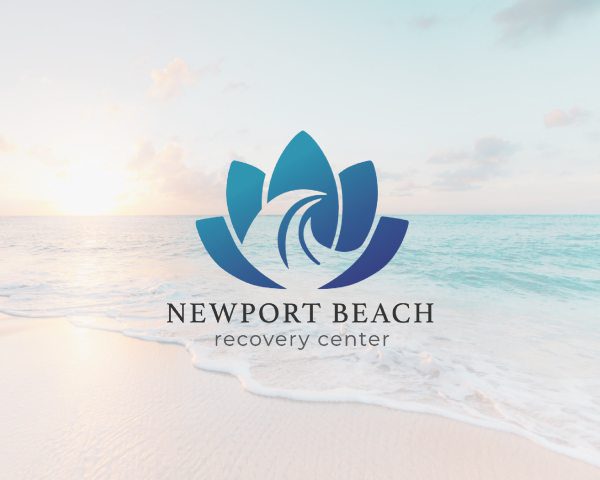It is never easy to have a conversation where you are left feeling vulnerable, and few conversations are more difficult than discussing a personal drug or alcohol addiction with friends and family. For a variety of reasons, you may be afraid. You need to look past the fear if you want to maintain or rebuild an honest relationship with the people you love most.
To help combat your nerves before getting started, ask yourself a few basic questions and honestly assess your answers. These will help you determine if now is the right time to have a conversation or pursue addiction treatment.
Do I party or have an addiction?
Sometimes it is hard to admit you have an addiction, particularly when you associate your behaviors with a party or social lifestyle. If you are still trying to determine if your regular drinks after work are a problem, you may want to discuss addiction recovery with a third-party before talking to your family. Someone else who has battled their way forward from a drug or alcohol dependency or who is skilled in treatment can help you see how your drinking or use is impacting your life. This can help you develop the confidence needed to describe your battle to others.
Am I ready to get help?
After you have talked to someone about the possibility of treatment and recovery, you need to assess if you are ready to move forward with finding a treatment program. Your family can be of tremendous help here, but only when you can commit to a journey toward sobriety.
Can I take responsibility for my actions?
As you started drinking or using drugs, it is possible your habit started to impact your relationships with friends and family. If that is the case, you need to be prepared to admit this. Part of a long-term program will include working to repair fractured relationships you want to maintain. Discussing and acknowledging your behavior at the beginning is a big step forward.
And it is important to realize damage to a relationship does not have to be a dramatic fight or a full breakdown while high or drunk. It can be an extended period of not returning phone calls, failing to be there when you had a friend in need or skipping out on basic obligations.
There may also be hurt feelings you have caused or pain left in your wake you never noticed. Part of speaking to your family could include hearing about things you did you never knew would hurt those you loved. You need to be prepared to have these difficult conversations if your family starts a larger discussion. Sometimes, they may not share until your recovery journey unfolds further or not at all.
Will my family support me?
It is important to acknowledge you are responsible for your addiction recovery. This means not blaming others for your behavior. However, it is also important to recognize some family members or friends can act as triggers for you. Whether they goad you emotionally or tempt you with their own drinking or drug use, they are a toxic presence in your life.
When you feel your family is unlikely to support you on your treatment path or may even sabotage you, you should not feel compelled to involve them in the process. This does’t mean you shouldn’t tell them in most circumstances. It does mean a phone call relaying you are entering a treatment program for XX amount of days is sufficient. As you become more confident in your sobriety, you may feel better about talking to a wider range of people, but there is no need to potentially sabotage your progress as you are getting started.
How can I start the conversation?
The best way to start a hard conversation is to lay the biggest truth on the table immediately. State that you are addicted and are starting a treatment program. If you are comfortable speaking more about the ins and outs of your addiction, your behavior and how you decided to seek treatment, do so. When your emotions are too raw, let your family ask you questions and answer them truthfully.
What are my next steps?
Before or after talking to your family, it is up to you to sign up for a drug or alcohol addiction treatment and recovery program like Newport Beach Recovery in Costa Mesa, CA. Discuss your treatment program with your family members and advise them on how they can help you with the recovery process. You are likely to find a much larger source of support than you realized, and this will be key for your long-term success in a program.

